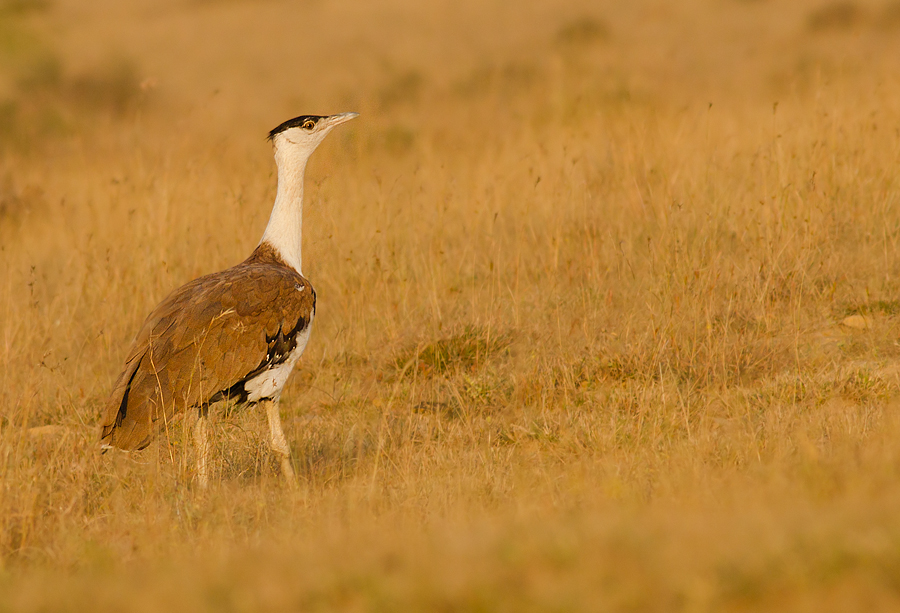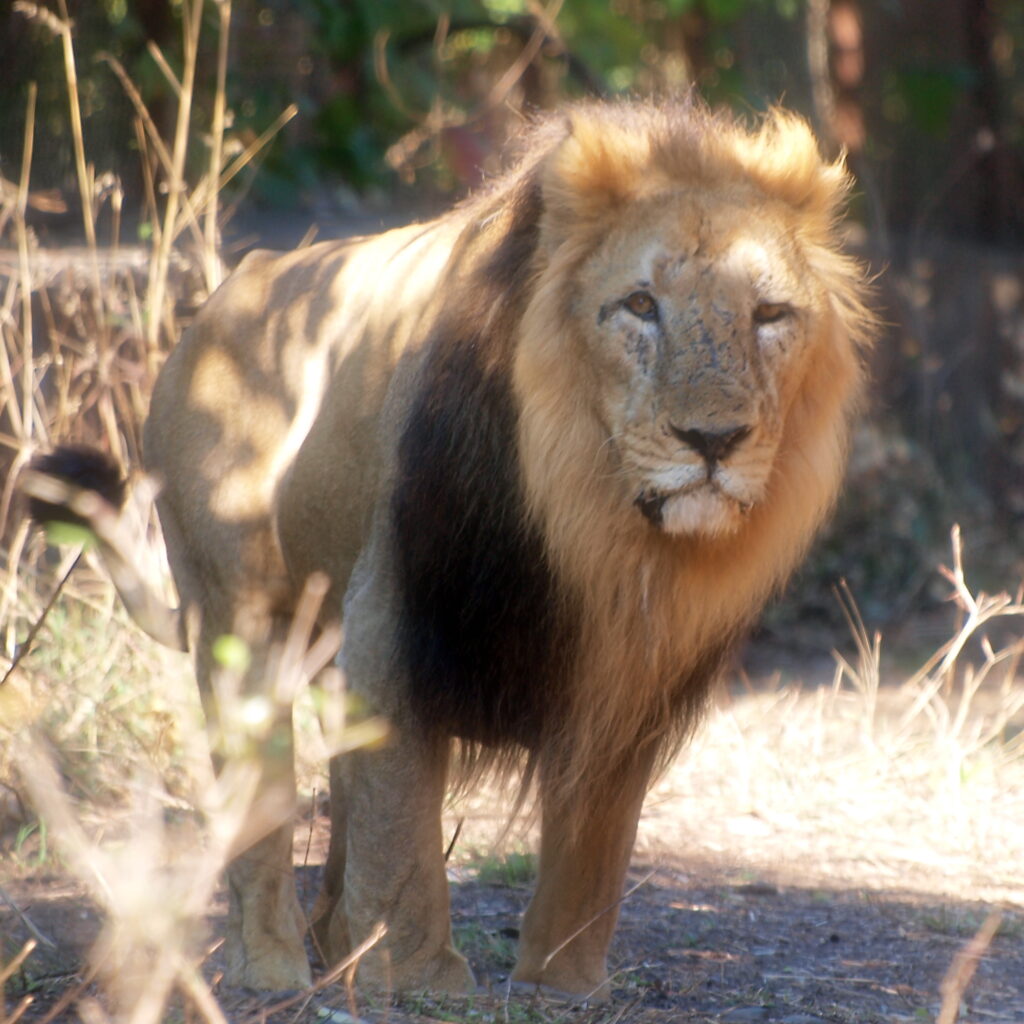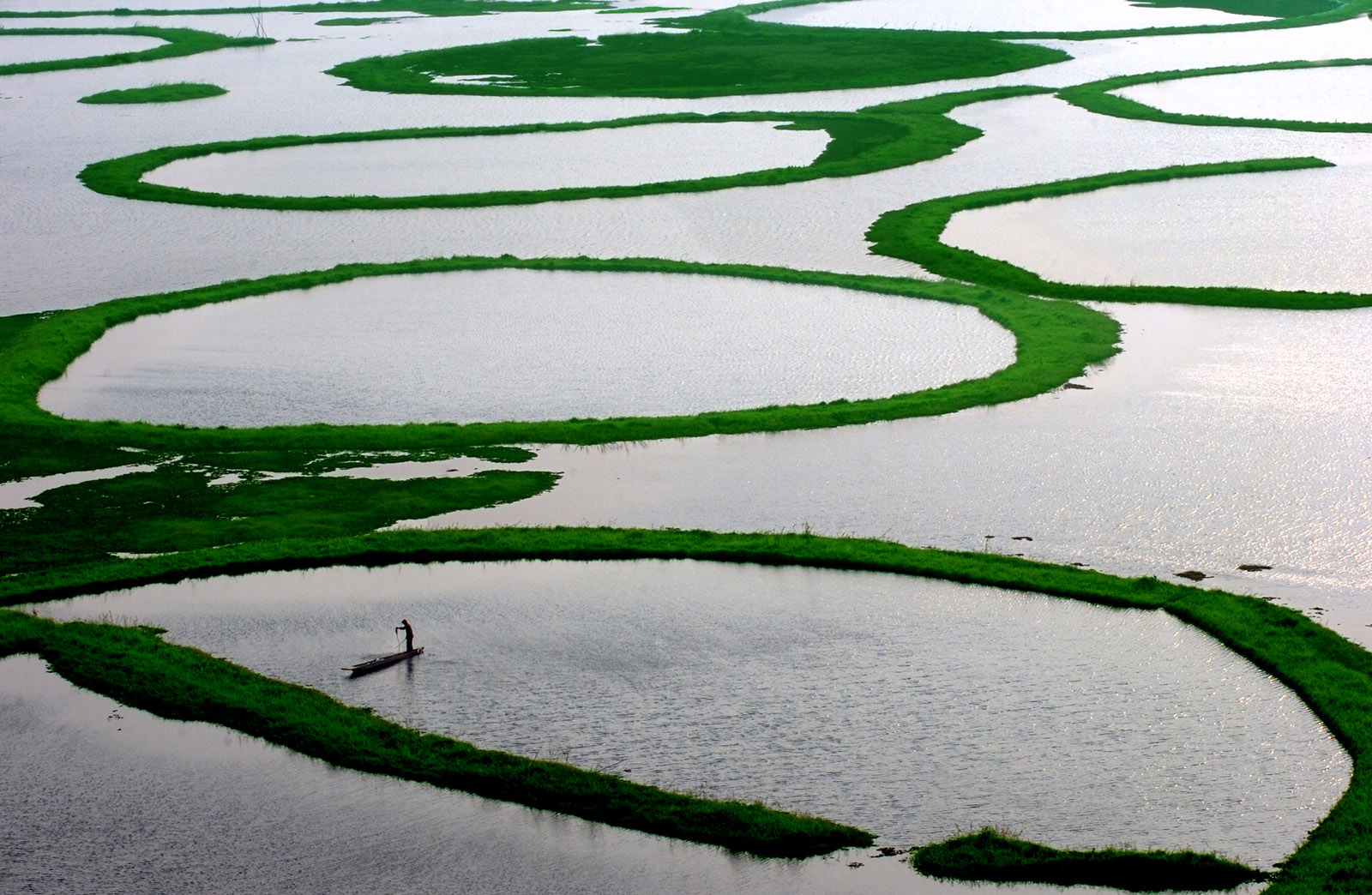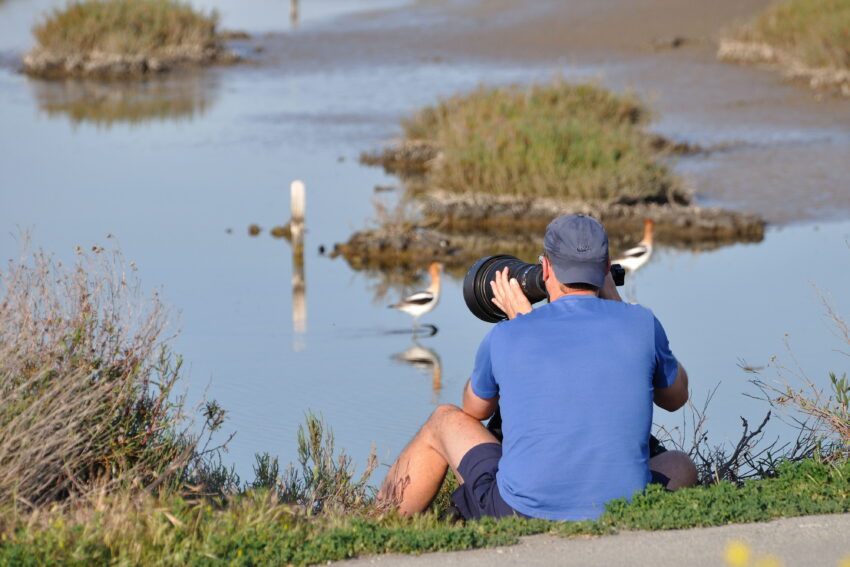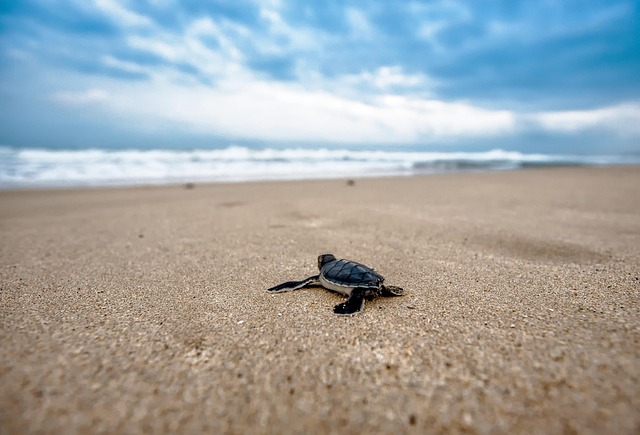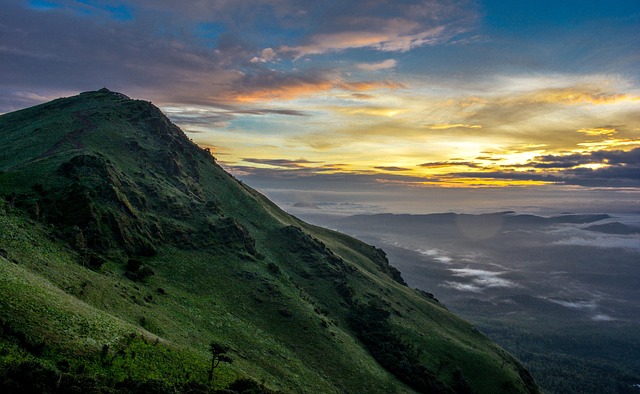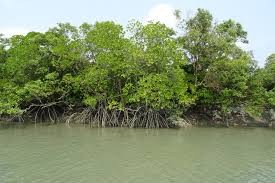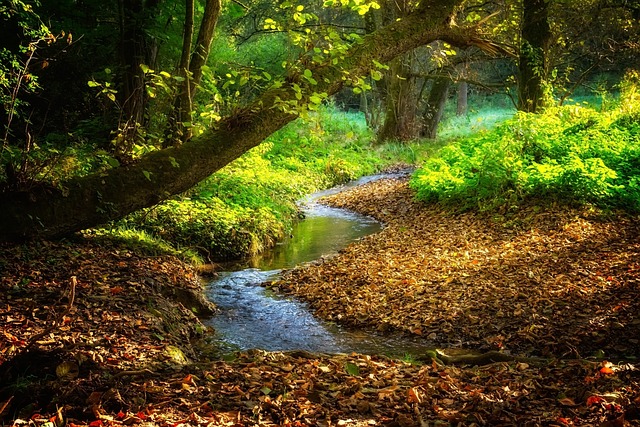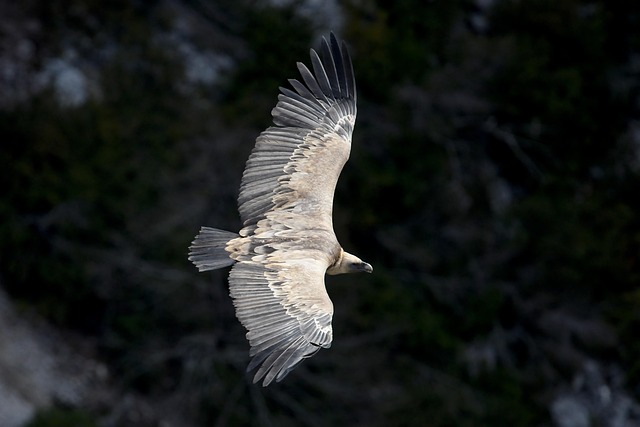Recent research has found that if nothing is done to counter the effects of global warming, by the year 2080, half of the common plants on earth and one third of animals will lose their climate range. This means that the ecosystem, or the habitat of the animal or plant, will be lost and will…
In The Line Of Fire
Guards in Assam’s protected forests have to face poachers armed with sophisticated guns day in and day out. Waking up to the serious lacuna in the system, conservation authorities in Assam and local NGOs have recently introduced technology such as conservation drones in Kaziranga. It’s time the protectors of wildlife are well equipped to save…
Aim And Shoo
A group of ornithologists from Karnataka is keeping an eye on how bird watchers in and around Hesaraghatta lake are ruining the habitat for birds. Rare birds are often chased and cornered by a group of photographers till the avians are tired, writes Atula Gupta. It is still not dawn at Hesaraghatta lake — an…
Warming Slows Down Arribada
India’s coastline is home to five of the eight species of turtles found in the world’s oceans. Over the years, the number of turtles coming out of the water to lay eggs offshore has dwindled drastically.A new study blames global warming. Atula Gupta examines. Most turtles have a peculiar habit. They spend their lives in…
Healing Touch For Fractured Habitats
The government’s move to demarcate eco-sensitive zones around protected reserves is a timely move. But, wildlife corridors too need equal attention. Every animal, from a hare to an elephant, and a snow leopard to a butterfly, needs the forest in its entirety and cannot survive in fractured fragments. Development has to be woven around wildlife,…
Death Knell For The Sundarbans
Atula Gupta narrates the story of exploitation of the mangrove forests that border West Bengal and Bangladesh, and also suggests a few measures to save the mangroves. The mangrove forests in Sunderbans consist of 54 tiny islands, criss-crossed by innumerable tributaries of the Ganges that were once infested by Arakanese and Portuguese pirates. But today,…
A Small World
A study has shown that the body size of marine species is disproportionately affected by warmer temperatures. According to researchers, the most likely cause of the drastic shrinking size of marine animals is due to the much lower availability of oxygen in water than in air. Warming increases the need for oxygen across species, but…
Living Legends
Centuries-old trees provide nesting and shelter for up to 30 per cent of all birds and animals in some ecosystems. They store huge amounts of carbon, recycle soil nutrients, create rich patches for other life to thrive, and influence the flow of water within landscapes. In India, the banyan and the peepul are still plentiful,…
Some Scars And A Lot Of Balm
The year 2012 was a mixed bag in terms of conservation. While the official toll of tiger deaths has risen to 83, the IUCN has taken out Asiatic lions from the critically endangered category because of their stable population in the jungles of Sasan Gir, writes Atula Gupta. Henry Thoreau, a 19th-century writer had once…
Back From The Edge
Atula Gupta finds out that the number of vultures which had drastically fallen around 2006, owing to the use of the drug, Diclofenac, has stabilised in the recent past. A recent study shows that for all three critically endangered species of vultures in India and Nepal, populations have remained stable in the last few years,…
